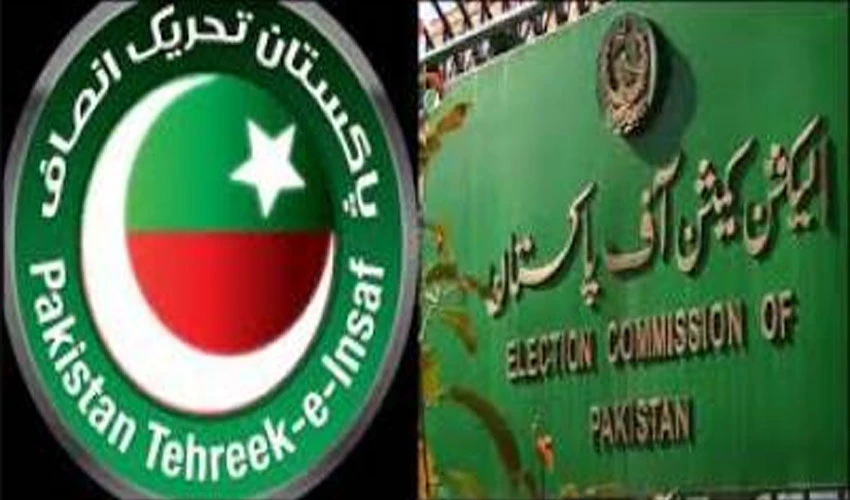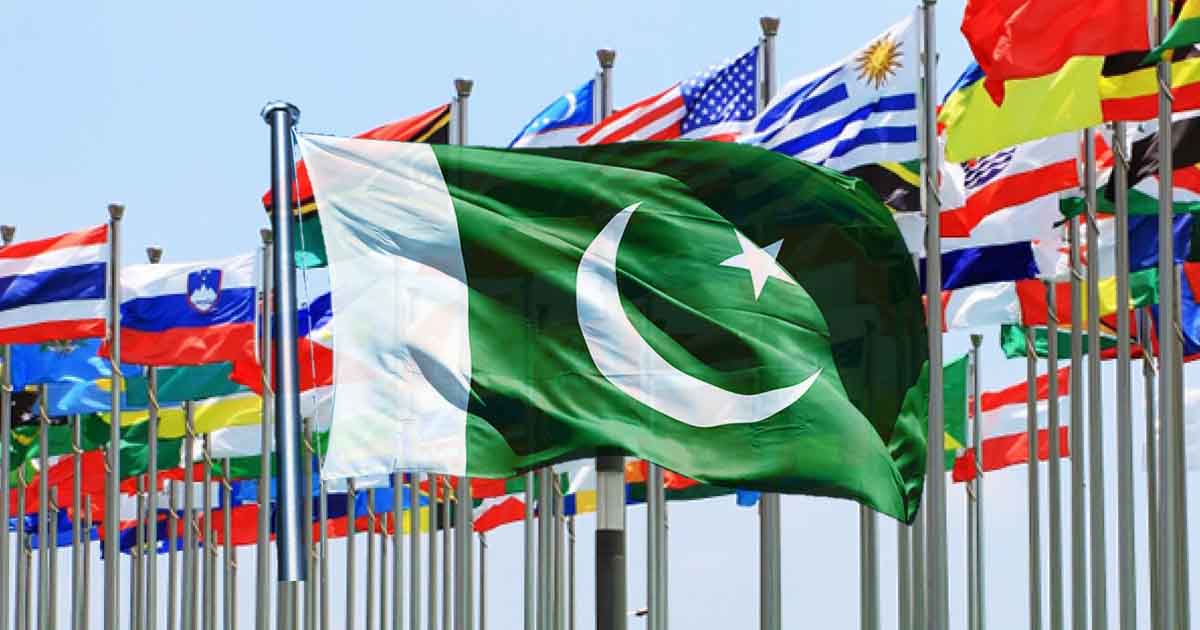Editorial
The Election Commission of Pakistan (ECP) has reserved its verdict on petitions challenging the recent intra-party elections of the Pakistan Tehreek-e-Insaf (PTI), leaving the party’s leadership under a cloud of controversy. These elections, held under ECP directives in December, saw Barrister Gohar Ali Khan elected as the new chairman – nominated by the incarcerated Imran Khan.
However, the process has been marred by accusations of unfairness and secrecy. Founding member Akbar S. Babar, who has fallen out with the current leadership, is leading the charge against the polls. He claims they were a “pretence and deception”, depriving party members of their right to vote and shrouded in mystery.
PTI’s defense, delivered by Barrister Ali Zafar, relies on technicalities. He argues that intra-party elections were unnecessary due to Imran Khan’s five-year term and that existing laws don’t explicitly define procedures for such polls. He further claims transparency by citing an online record and a posted election schedule. However, according to critics, these arguments fail to address the core concerns of Limited participation. With only “a few people” approaching the ECP and Babar being the sole petitioner with active party membership, questions loom about voter suppression and limited awareness of the elections. Furthermore, the absence of disclosed rules, regulations, schedules, and nomination deadlines raises doubts about transparency and fairness.
Please, subscribe to the YouTube channel of republicpolicy.com
The opposition claims that the process is a “mere charade” to rubber-stamp Gohar’s appointment, bypassing genuine member participation and further damaging the image of the polls. The ECP’s eventual verdict will hold significant weight in determining the legitimacy of PTI’s internal democracy and its future political standing. While PTI’s technical arguments may hold some legal merit, they fail to address the broader concerns about transparency, inclusivity, and democratic practice. The party’s image and its claim to being the sole beacon of transparency in Pakistani politics hangs precariously on the ECP’s decision.
Please, subscribe to the monthly magazines of republicpolicy.com

















